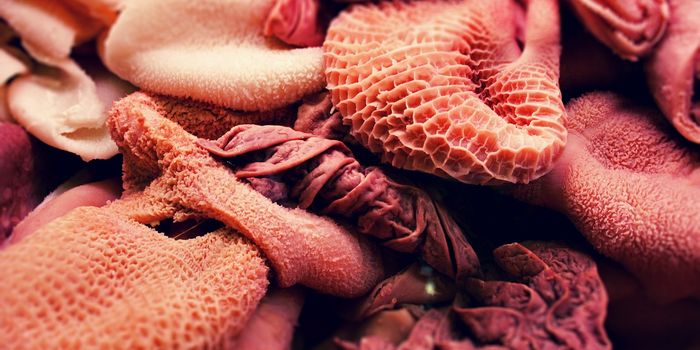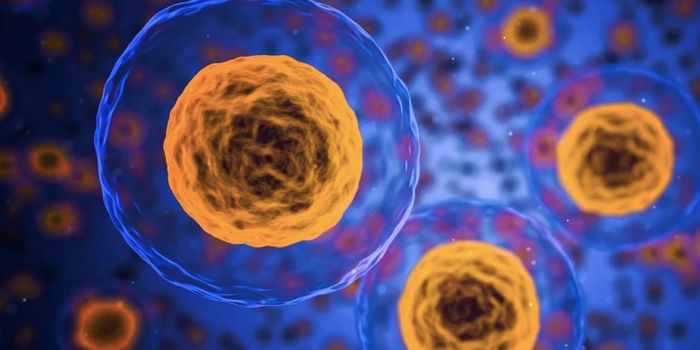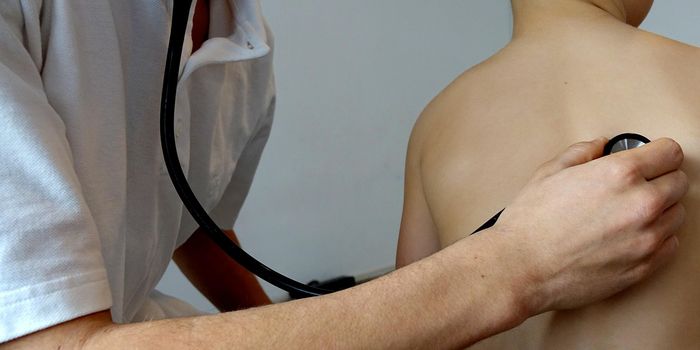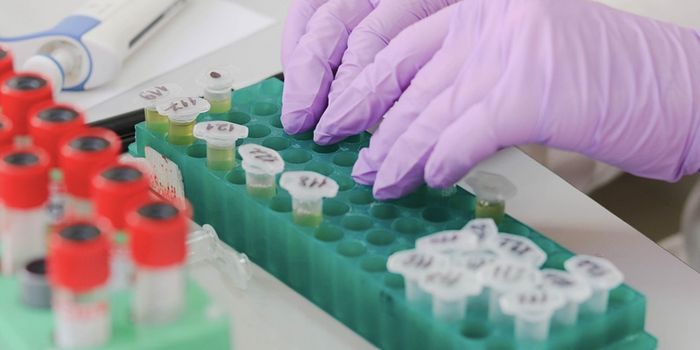Enzyme Pathway Mediates Immune Response to Chagas Disease
Chagas disease, caused by Trypanosoma cruzi, is transmitted by insect vectors found in the Americas to animals and people. As many as 8 million people in Mexico, Central America, and South America have the disease, with many being asymptomatic. Infection can be lifelong and life threatening if left untreated.
The main methods of transmission for T. cruzi is contact with contaminated feces/urine or infected blood-sucking triatomine bugs, also known as “kissing bugs”. These bugs, which live in rural or suburban areas, become active at night and feed on human blood. When they bite a human, and defecate on the skin, parasites can be exposed to the bite when you scratch and smear the feces in to the wound. Transmission of T. cruzi can also occur from by consuming contaminated food, blood transfusions, and passage at birth.
The disease consists of two phases, acute and chronic. During the acute phase high numbers of T. cruzi circulate in the blood causing initial symptoms of fever, rash, fatigue, and body aches among others. The chronic phase can result in a patient being asymptomatic for decades or longer, but in some cases cardiac complications and intestinal complications can develop and potentially lead to death. While treatment is most effective in the acute phase, it can be possible to treat in the chronic phase. No current vaccines or drugs exist for prevention, control of vector insects is currently the most effective method for disease prevention.
In a recent study from researchers at the University of São Paulo in Brazil, they described the role of an enzyme, phosphatidylinositol 3-kinase gamma (PI3Kγ), in regulating the immune response to T. cruzi. The study showed that upregulation of the PI3Kγ pathway occurred in both human chagasic hearts and hearts of acutely infected mice. Utilizing various mouse lines and human isolated T. cruzi strains they studied the ability of PI3Kγ to protect against infection, infection-induced cardiac damage, and heart muscle inflammation.
In the absence of a functional PI3Kγ pathway in mouse they found that macrophages lost their capacity to kill T. cruzi and control inflammation. The hearts of infected mice deficient in PI3Kγ were found to have higher levels of parasitemia and more severe inflammation of the heart muscles, due to the uncontrolled production of proinflammatory molecules that damaged tissue but did not kill the parasite efficiently. Translating to humans they studied the heart tissue of patients with cardiopathy in the chronic phase of Chagas disease. This study showed that much like the mouse studies, humans with higher levels of PI3Kγ had lower levels of parasitemia in the heart compared to those with lower levels of PI3Kγ.
Future investigation of PI3Kγ will look at polymorphism, variation in the gene that encodes the enzyme, and the association it has with lower activity of PI3Kγ in patients with chronic disease in the heart and other organs, such as the spleen or intestine. In terms of treatment of Chagas disease by mediating PI3Kγ, Santana da Silva, a supervisor of the project said "Drugs are available to inhibit PI3Kγ production but not to stimulate it. We now need to investigate the regulatory pathways mediated by PI3Kγ in search of molecules that induce the release of these substances. We've already performed lab tests on some molecules that display this type of action. It's basic science, but there are potential applications for the control of parasitemia in both the acute and chronic phases."
Click here to read the study. To learn more about Chagas Disease watch the video below!









